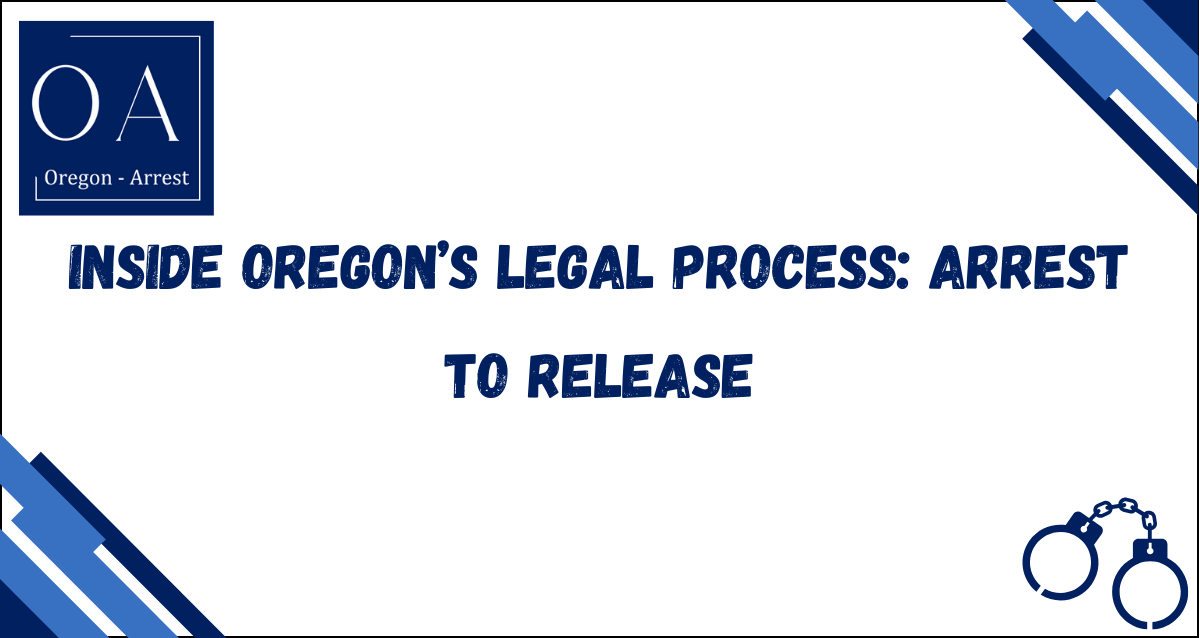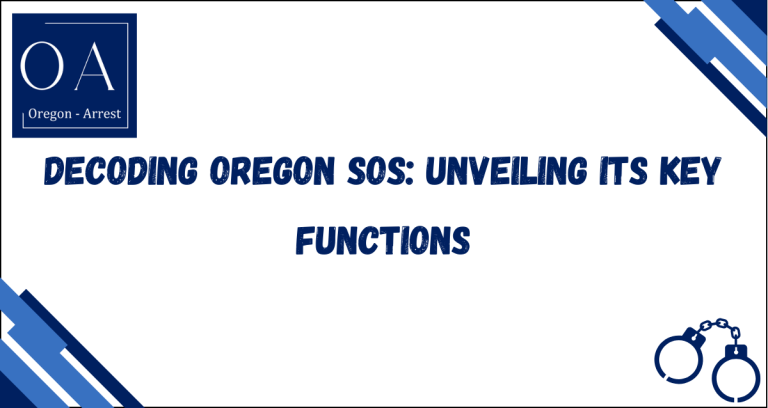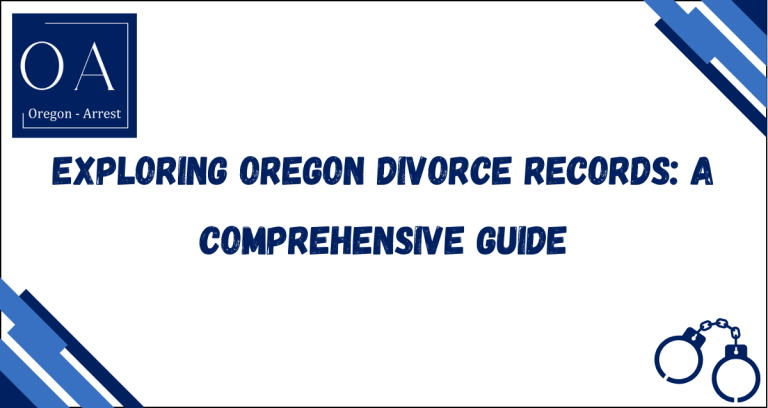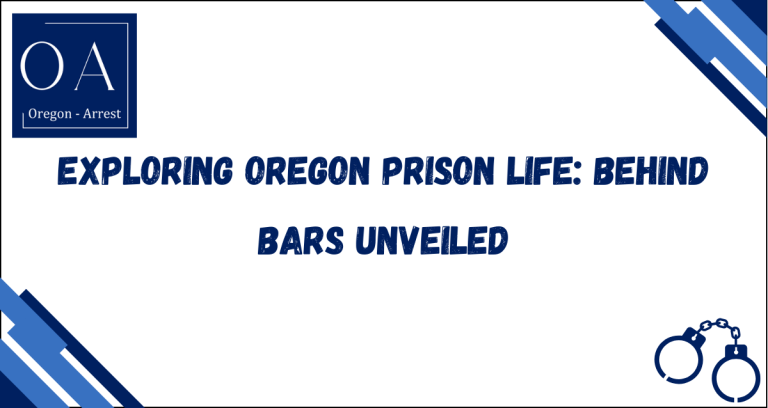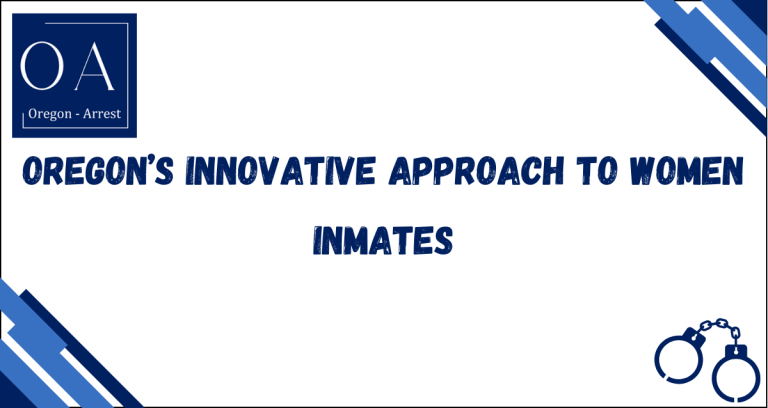Inside Oregon’s Legal Process: Arrest to Release
When an individual becomes entangled in Oregon’s legal process, it marks the beginning of a complex and multifaceted journey. From the moment of arrest to the eventual release, a series of carefully orchestrated steps come into play. Understanding this process is crucial not only for those directly involved but also for anyone seeking a comprehensive grasp of the state’s legal framework. This article aims to unravel the stages that define this journey, shedding light on the mechanisms that shape Oregon’s legal landscape.
Arrest: From Detainment to Initial Proceedings
The journey within Oregon’s legal process commences with the arrest itself. This pivotal moment involves the detainment of an individual suspected of committing a crime. Following the arrest, the individual is informed of their rights – the famous Miranda rights – and brought to a police station for booking. During booking, personal information is recorded, and any belongings are collected and stored.
Charges and Initial Proceedings: Understanding the Legal Ground
Once the individual is booked, the legal process proceeds to the filing of charges. Prosecutors review the evidence presented by law enforcement and determine the appropriate charges to levy. This decision sets the stage for the initial court proceedings, where the accused is formally informed of the charges against them. During this process, a plea is entered, which can range from guilty to not guilty, setting the tone for the subsequent steps.
Bail and Pretrial Release: Navigating Freedom’s Conditions
The topic of bail often emerges as a crucial juncture in the journey. Bail refers to the financial arrangement that allows an accused individual to secure their release from custody while awaiting trial. The court evaluates various factors, such as the severity of the charges and the defendant’s flight risk, to determine the bail amount. Alternatively, release on recognizance may be granted, which allows the accused to go free with a promise to appear in court proceedings.
Legal Counsel: The Right to Adequate Representation
Central to the integrity of the legal process is the right to legal counsel. Defendants have the right to be represented by an attorney who can provide guidance, build a defense, and ensure their rights are upheld. If the accused cannot afford an attorney, the court appoints a public defender to ensure a fair trial. This right safeguards the principle that everyone deserves a proper defense, regardless of their financial circumstances.
FAQ’s
Explore our comprehensive Frequently Asked Questions (FAQ) section to find answers to common queries about OR Arrests.
Can I be held indefinitely without a trial after my arrest?
No, the legal system ensures a prompt trial. Oregon, like other states, has established time frames within which an individual must be brought to trial following their arrest. These time limits help protect the defendant’s right to a fair and speedy trial.
Can I be released without posting bail?
Yes, depending on the circumstances, you might be released on your own recognizance. This means you’re released without having to pay bail but are expected to appear at all required court proceedings.
Can I represent myself during the trial?
Yes, you have the right to represent yourself, but it’s generally advised to have legal counsel. Legal professionals have the expertise to navigate complex legal procedures and build a robust defense strategy on your behalf.

